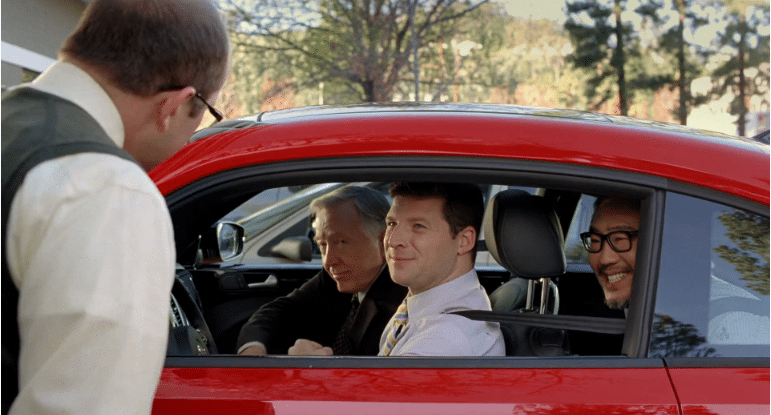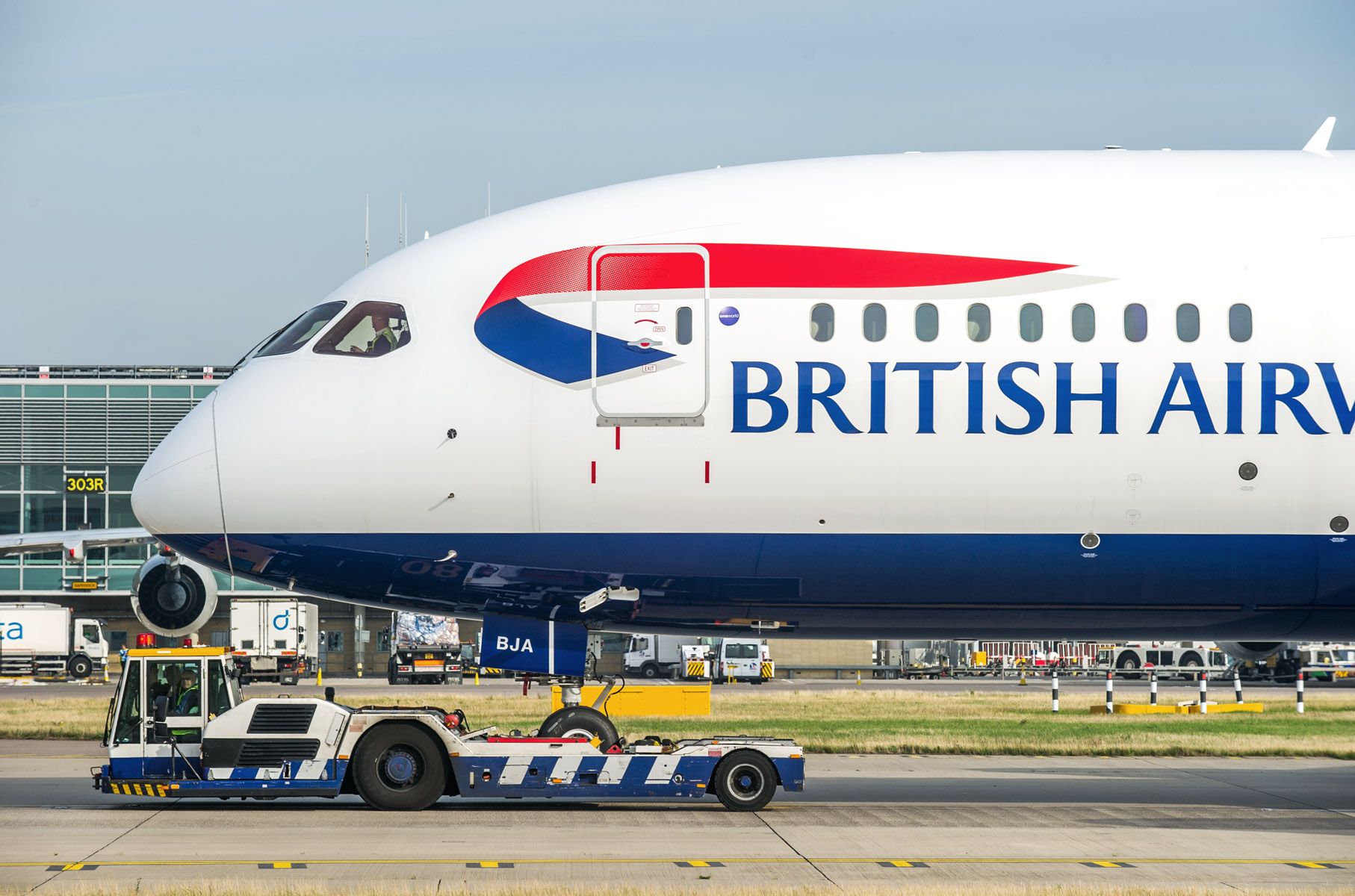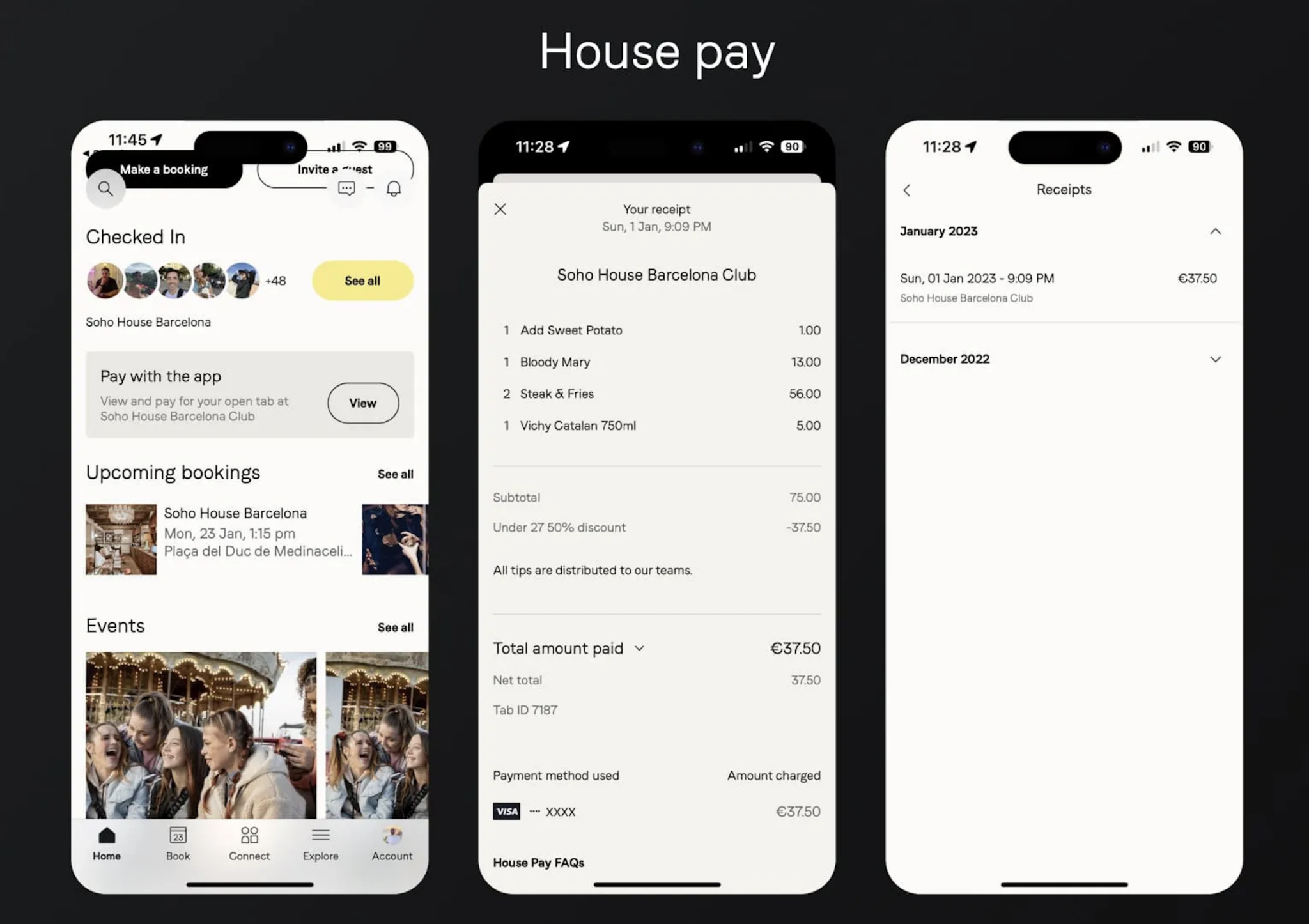Jamaica shrugs off controversial Volkswagen Super Bowl ad and sees tourism benefit

Skift Take
Jamaica is embracing a controversial Super Bowl commercial that depicts a white office worker from the U.S. Midwest feigning the Caribbean island’s lilting patois accent to display a cheerful, upbeat outlook.
Some U.S. critics have described the pregame Super Bowl ad from Volkswagen of America as offensive and culturally insensitive, apparently seeing the commercial that hit the web on Monday as an echo of segregation-era depictions of white people posing as happy-go-lucky black folk. Jamaica’s population is predominantly black.
https://www.youtube.com/watch?v=9H0xPWAtaa8
On NBC’s “The Today Show,” Barbara Lippert, editor-at-large at mediapost.com, said she believed the commercial was racist because it was “just saying that black people are happy.” New York Times columnist Charles M. Blow said during an appearance on CNN that the advertisement was like “blackface with voices.”
Visit NBCNews.com for breaking news, world news, and news about the economy
But the charged reaction has met with puzzlement in Jamaica, which has very visible white, Asian, Middle Eastern and mixed-race minorities that also often speak with the local accent.
The island’s government has endorsed the commercial, which shows an ebullient white worker from the U.S. state of Minnesota trying to cheer up glum colleagues with a Jamaican patois accent because he is so happy with his Volkswagen. At the start of the commercial, he paraphrases the lyrics to late reggae icon Bob Marley’s “Three Little Birds” as he tells his co-workers: “No worries, mon. Everyting will be all right.”
The company’s website continues the theme, offering a clip of Jamaica’s Jimmy Cliff singing “C’mon, get happy.”
On Wednesday, opposition lawmaker Edmund Bartlett said the television ad “is a perfect illustration of Jamaican culture’s global reach and our uncharacteristic penchant to be happy even in challenging situations.”
Tourism Minister Wykeham McNeill said he believes the Super Bowl commercial has the potential to increase tourist arrivals.
“I think this is a very creative commercial which truly taps into the tremendous appeal that brand Jamaica and its hospitable people have globally,” McNeill said in a late Tuesday statement.
At a Kingston bus stop, office assistant Jennifer Blake said she saw the Volkswagen advertisement online and thought it was amusing to see an American trying to speak patois.
“I’m not sure why people would think it was offensive or anything,” she said Wednesday, adding that many of her friends have shared links to the commercial on social media.
Nearly all islanders, regardless of class, can speak and understand the country’s patois. Jamaica’s official language is standard English, but many people cannot speak it.
Those who speak standard English fluently, mostly people from the middle and upper classes, tend to use patois for emphasis or to affect a down-to-earth persona.
A representative for Volkswagen of America said Wednesday morning that the company has no plans to pull the Super Bowl spot.
“As of this morning, we received no consumer calls or complaints about our ad. In fact, we’ve only received positive endorsements,” Scott Vazin, a company spokesman, said in an email.
Copyright (2013) Associated Press. All rights reserved. This material may not be published, broadcast, rewritten, or redistributed. ![]()




